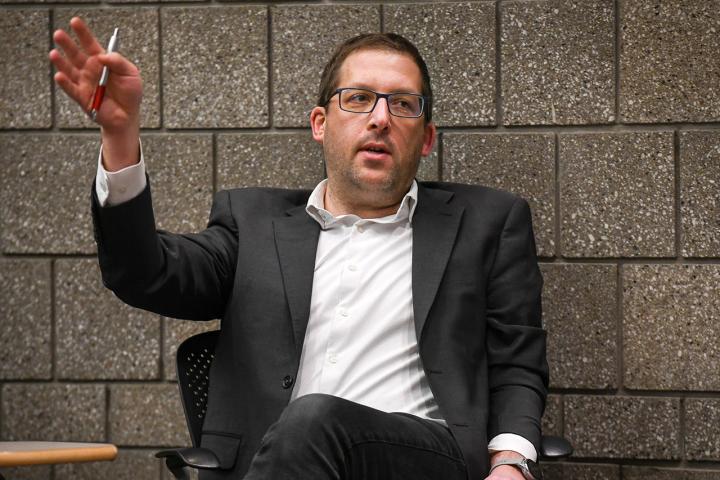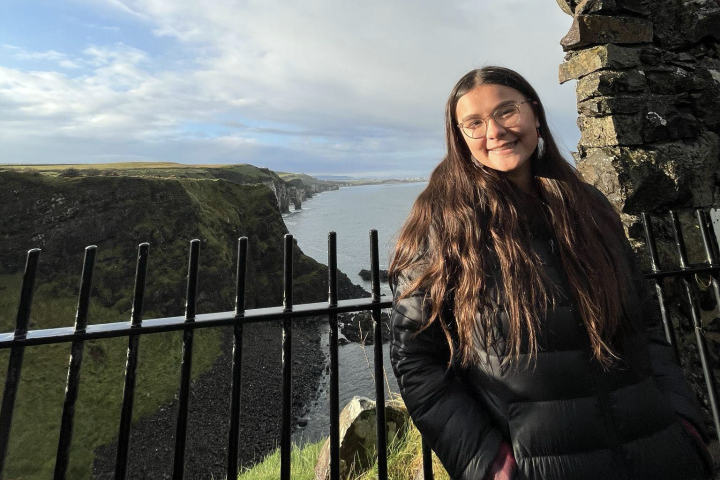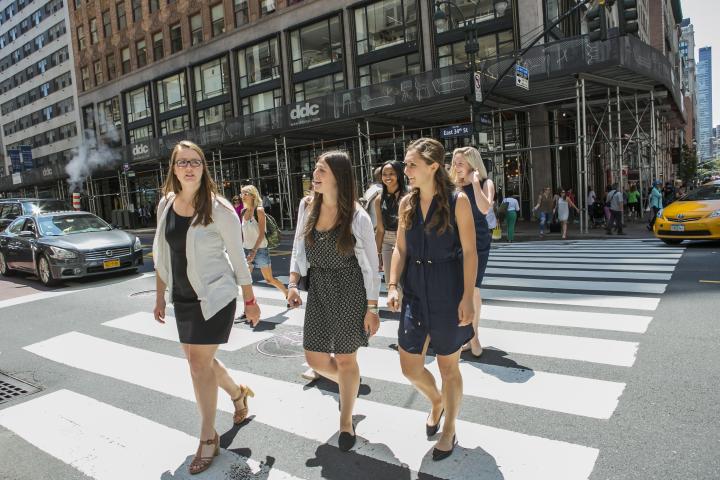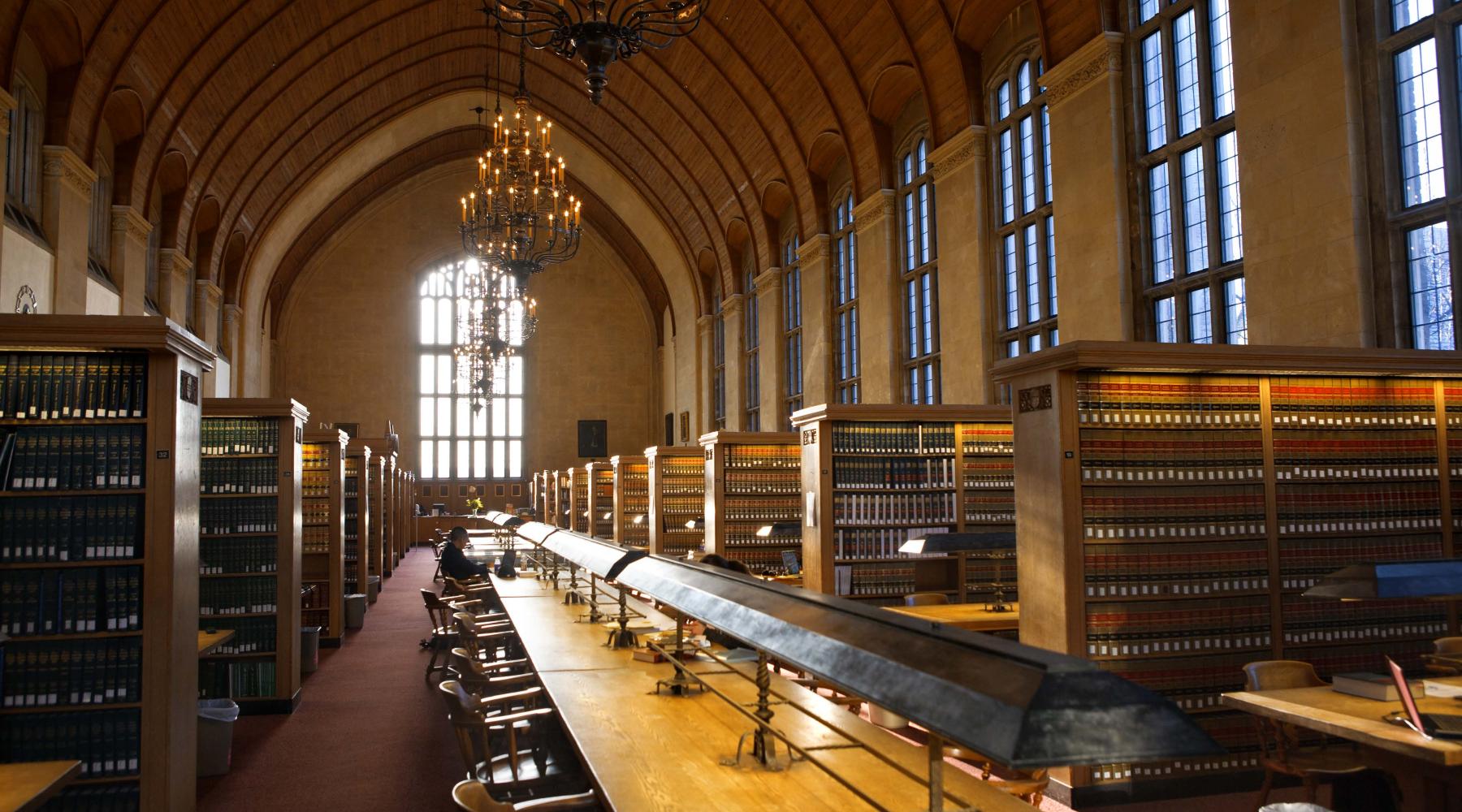
One Major, Endless Possibilities, “Ideal” for Pre-Law
An internship with a public defender’s office, quality time with supportive professors and career advisers, a rigorous writing program, and access to alumni, many of whom are the legal profession’s leading practitioners.
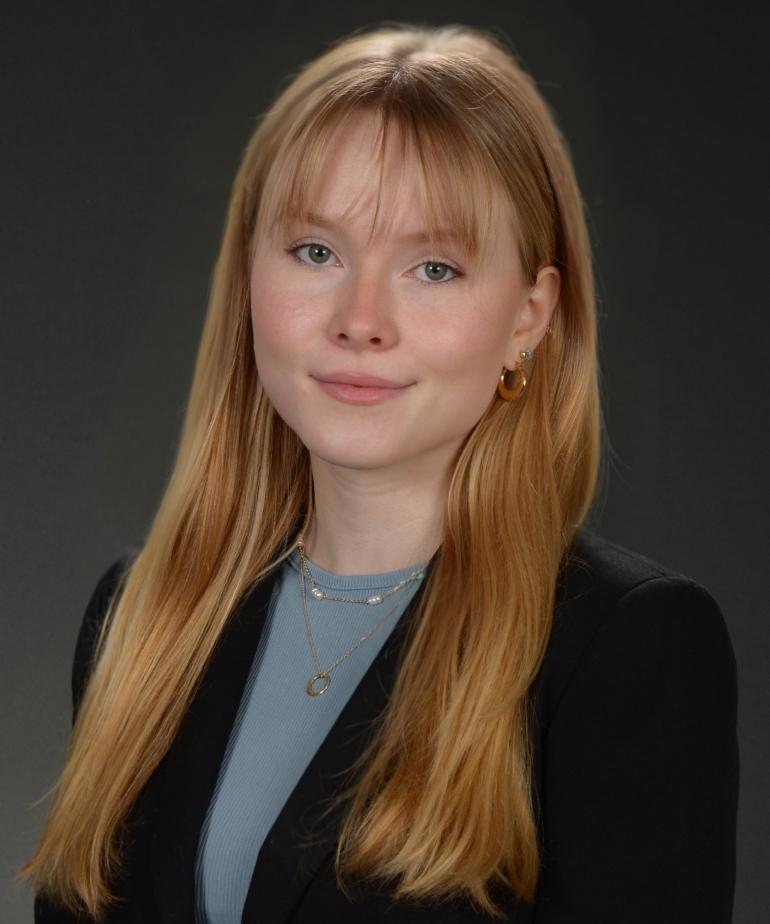
All of it helped Kylie Race ’25 get accepted at Georgetown Law School, where she began in fall 2025 with her dream job in mind: civil rights litigator.
“I love ILR. It’s such a great community. The advising and career services staffs do a great job of preparing us for whatever we want,”
Race said. “ILR has such a strong writing program, and writing is key if you’re thinking about law. It’s a really good major to be in if you want to be a lawyer.”
The ILR School’s interdisciplinary curriculum gives students the freedom to explore many interests, and law is one of them. Dean Alex Colvin observes that, “Among the endless possibilities that an ILR major prepares students for, careers in the law are one of the top options. The breadth of the curriculum with its emphasis on writing and analytical skills makes ILR an ideal pre-law major.”
Approximately 23%-25% of ILR undergraduates pursue law school within five years of graduating, with many applying to law school in two to three years after graduation. ILR prepares students for employment in many different fields, and of those who go on to law school, many first work in a variety of industries. Maddie Campbell ’16, for instance, worked in finance before going to law school to pursue a passion for civil rights issues.
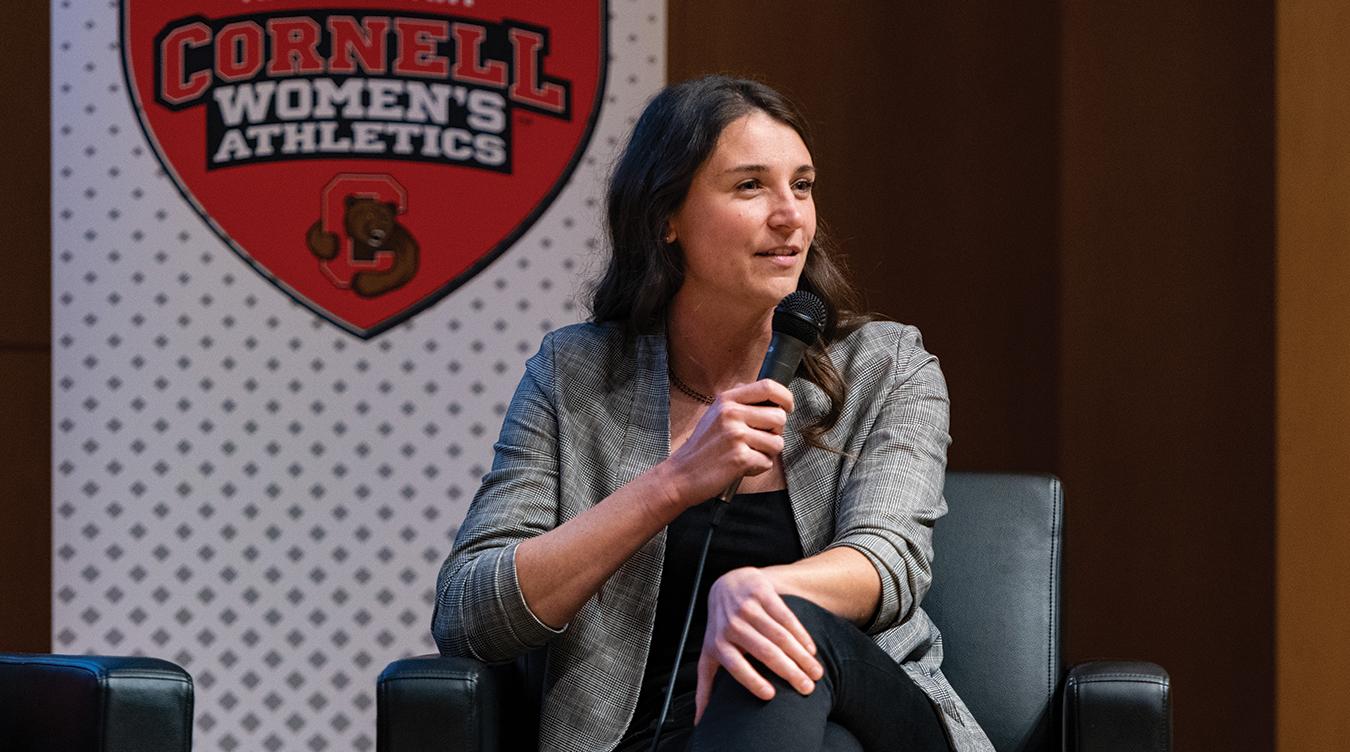
Many of ILR’s more than 17,000 living alumni have law degrees. They work in various areas of the law, including tech, health care, immigration, transportation, natural resources and criminal defense. Some represent workers, some represent corporations. Some become “neutrals” – mediators or arbitrators who resolve disputes, a foundational component of ILR’s mission.
Many others who earn a law degree forgo practicing law and instead thrive in business, finance, the entertainment industry or as leaders of professional sports organizations.
One thing they all have in common is a background in an ILR curriculum that prepares them for success.
Proskauer partner Paul Salvatore, ’81, Law ’84, says ILRies who become lawyers are prepared to flourish at the start of their law careers. “We can throw ILR students into situations and problems that law students who don’t have an ILR background are unfamiliar with; ILRies are ready at a very early stage to tackle legal issues and handle clients with labor and employment issues.”
Salvatore, who argued and won before the U.S. Supreme Court 14 Penn Plaza LLC v. Pyett, one of the century’s most monumental labor law cases, will teach “Current Issues in Collective Bargaining,” cross-listed with the Law School next spring. He is among many alumni who share their expertise in classes and informal talks, offer internships, fund scholarships and mentor students interested in law.
ILR prepares students for law school through training in disciplines such as history, statistics, economics, law, labor relations and sociology.
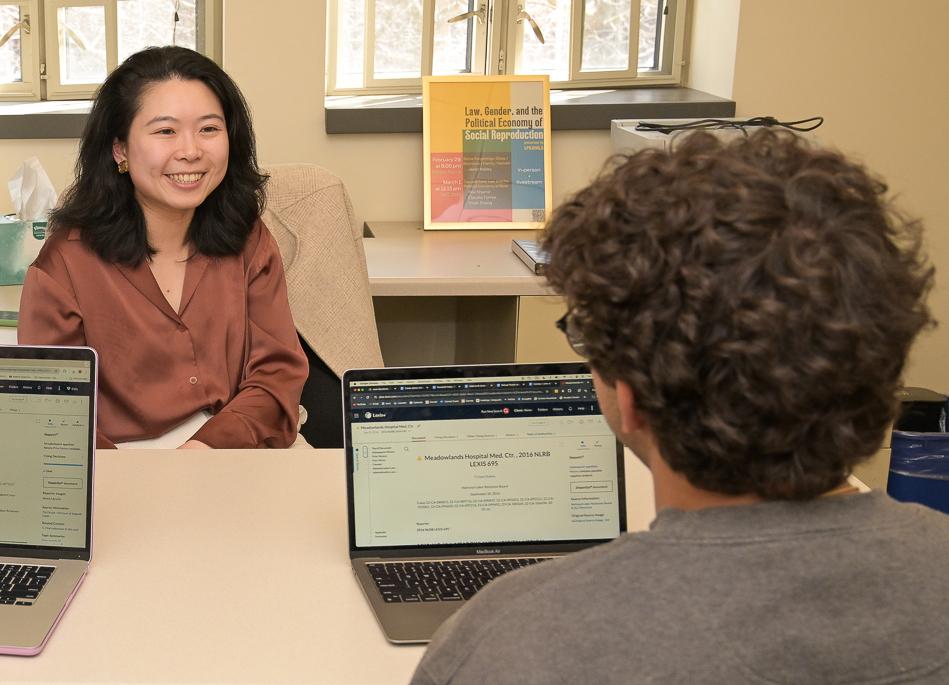
Multiple labor law classes at ILR involve writing a legal research memo, using real law databases, which help students learn and practice critical thinking and legal writing skills, Assistant Professor Yiran Zhang said.
Credit internships – which allow students to work as paralegals across various institutions – and opportunities to serve as research assistants for legal research projects guided by faculty also help make ILR a “valued path for those considering law school,” Zhang said.
According to Race, Zhang’s introductory labor and employment law class piqued her law interests, which had been percolating since high school. Her sophomore writing class also played a role. It culminated in researching and writing a paper entitled “Psychiatric disability and law enforcement: Evaluating response models” that echoed a legal memo.
Participation in the Scheinman Institute Conflict Resolution Club, courses such as “Advocacy and Debate” and “Rhetoric of the Labor Movement,” and Cornell Law School courses helped confirm Race’s legal interests.
“ILR is what helped me inform my decision to go to law school.”
The ILR School’s range of courses and opportunities helps students determine whether they want to pursue a legal education, Zhang said. “Support from faculty, the ILR Office of Career Services and alumni provides a strong network of support that can be the first step towards a rewarding legal career.”
